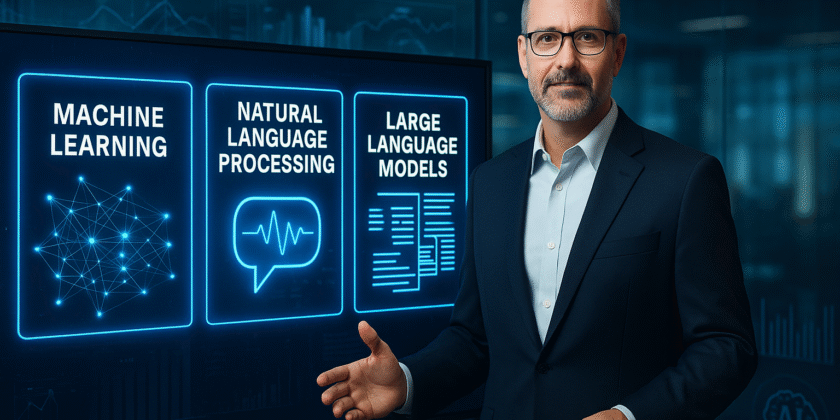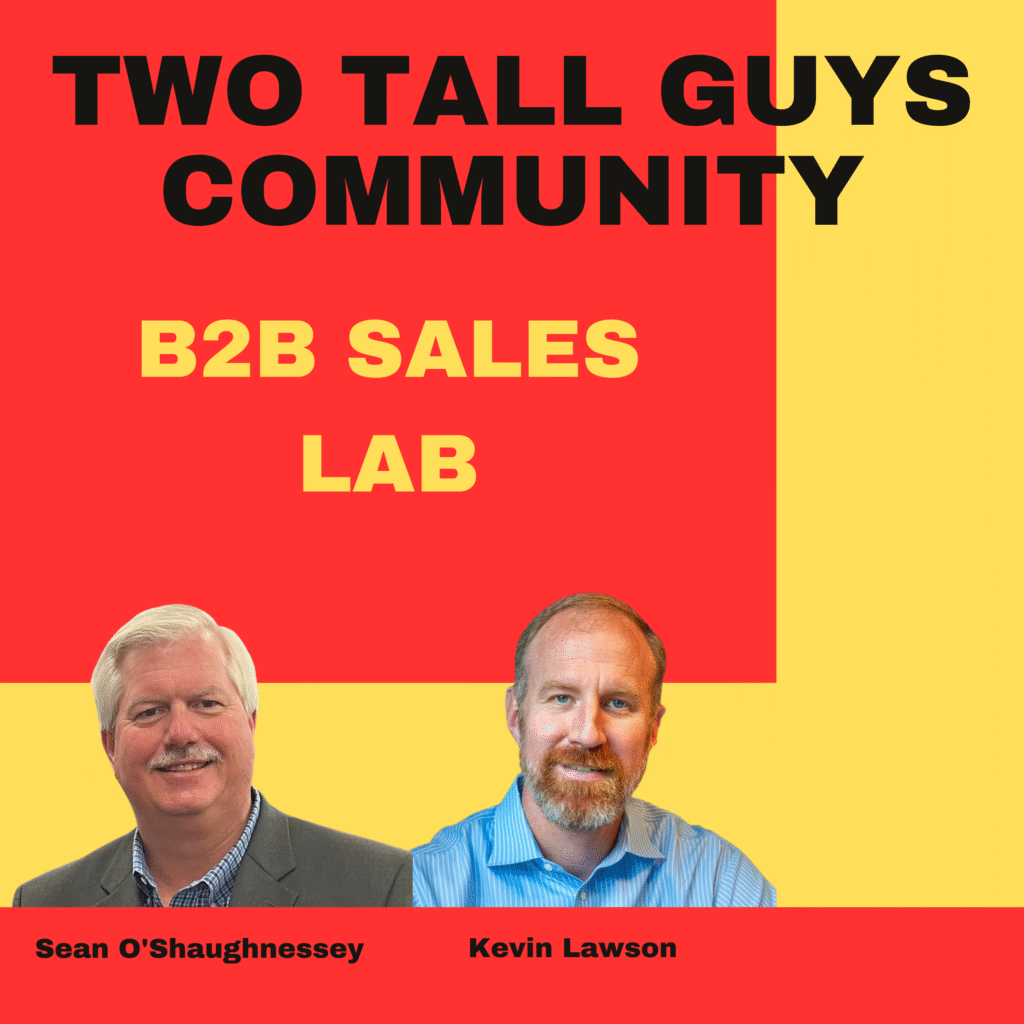In today’s fast-changing sales landscape, everyone is talking about AI, automation, and digital tools, but are these the keys to sales success? In this episode of Two Tall Guys Talking Sales, hosts Kevin Lawson and Sean O’Shaughnessey explore why documenting your sales processes, defining your ideal client profile (ICP), and sharpening your value selling approach must come before chasing shiny new technologies. Whether you’re leading a sales team or building revenue generation strategies as a business owner, this episode delivers practical advice for aligning business acumen with modern sales strategies.
Key Topics Discussed
- [00:01:00] The foundational role of sales processes: Why documenting your sales processes is more important than rushing into automation or AI.
- [00:03:00] Defining your Ideal Client Profile (ICP): How knowing precisely who you should sell to drives revenue management and sales success.
- [00:06:00] AI without ICP is useless: Kevin explains why AI and automation fail without strong sales strategies and a written ICP.
- [00:09:00] Automating bad processes makes junk faster: Sean shares insights from decades in sales and automation.
- [00:12:00] Real growth impact: Data showing how companies with a documented ICP experience higher win rates, deal closure, and long-term revenue generation.
Key Quotes
- Kevin Lawson [00:06:00]: “AI tools don’t work unless they are programmed to know what you’re trying to look for. If your value proposition and ICP aren’t documented, you’ve basically bought another untrained person.”
- Sean O’Shaughnessey [00:10:23]: “If you automate a bad process, all you do is make junk faster. Get the basics right first.”
- Sean O’Shaughnessey [00:12:57]: “Companies with a documented ICP have an account win rate 68% higher than those without one. That’s the power of clarity in sales processes.”
Additional Resources
- Exclusive whitepapers on Ideal Client Profiles and Value Selling Propositions are available inside the B2B Sales Lab Community. www.b2b-sales-lab.com and go to the Sales Resources section.
- Previous episode: Winning Sales Strategies for Productive, High-Impact Pipeline Reviews https://podcasts.apple.com/us/podcast/winning-sales-strategies-for-productive-high-impact/id1668686029?i=1000721736213
A Significant Actionable Item from this Podcast
Write down your Ideal Client Profile (ICP).
Even if you think you already know your best customers, putting it in writing transforms sales management and revenue generation. A written ICP sharpens your messaging, aligns your sales processes, and empowers value selling. Without it, AI tools and automation will fail to deliver meaningful results.
Why You Should Listen
If you’re serious about sales success, this episode is a must. Kevin and Sean break through the noise of AI hype to uncover the timeless truths of revenue management, sales strategies, and business acumen. Learn how to strengthen your sales processes, improve messaging, and drive consistent revenue generation. Packed with stories, data, and practical wisdom, this episode equips you with the clarity needed to win more deals and build long-term sales success.









